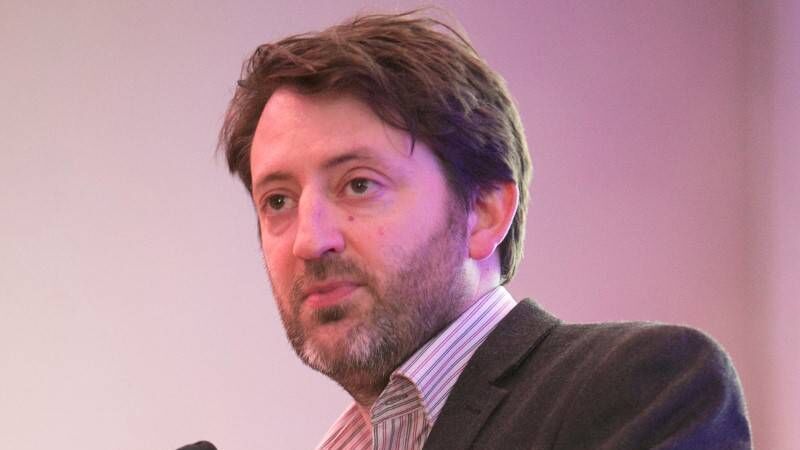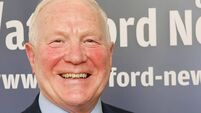Social media use is a public health risk, warn medics

IMO consultant committee chairman Matthew Sadlier: There is a link 'between greater social media use and higher levels of anxiety, depression, loneliness, and suicidal tendencies among adolescents'.
Social media should be classed as a public health risk similar to cigarettes and alcohol, the Irish Medical Organisation (IMO) has urged.
Consultant psychiatrist and IMO consultant committee chairman Matthew Sadlier warned that overuse of social media poses a health risk.













